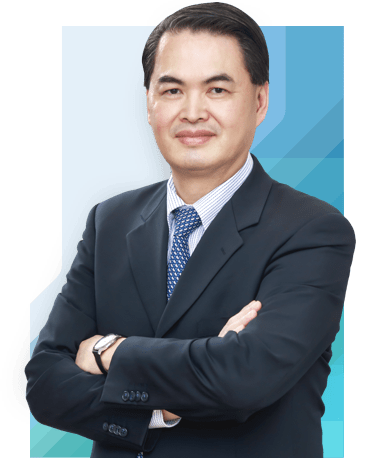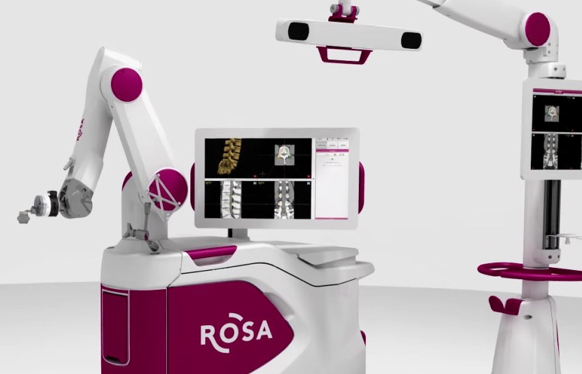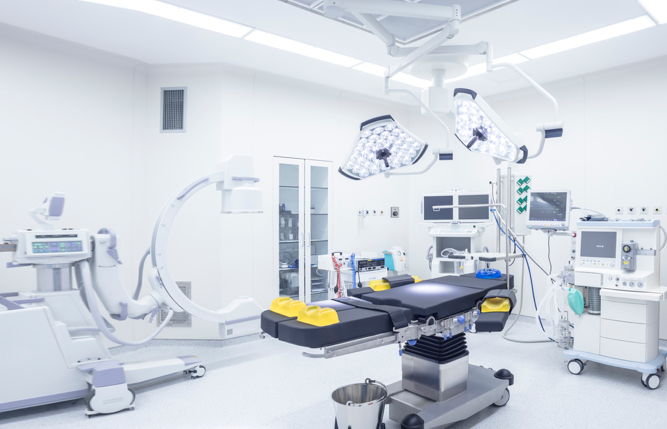Chaur-Jong Hu, M.D.
The establishment of the Taipei Neuroscience Institute is a starting point, starting the journey of Taipei Medical University School and Affiliated Hospital in pursuing excellence in neuroscience research teaching services. I am very honored to be involved at this moment.

In recent years, many breakthroughs in neuroscience have been exciting, but the application of clinical treatment is still full of setbacks and challenges. The Taipei Neuroscience Institute will always focus on the treatment of diseases to help patients by standing on the shoulders of many basic research giants. In terms of research, we have a good foundation in brain trauma, stroke, dementia, sleep medicine, and spinal surgery under the foundation of two former presidents of Taipei Medical University, Professor Chung-Yi Hsu and Professor Wen-Ta Chiu. We have made breakthroughs in difficult operations such as brain tumors and cerebrovascular diseases with the leadership of President Yong-Kwang Tu. After all, I believe that the future development of the Institute will be a fast and amazing journey.





